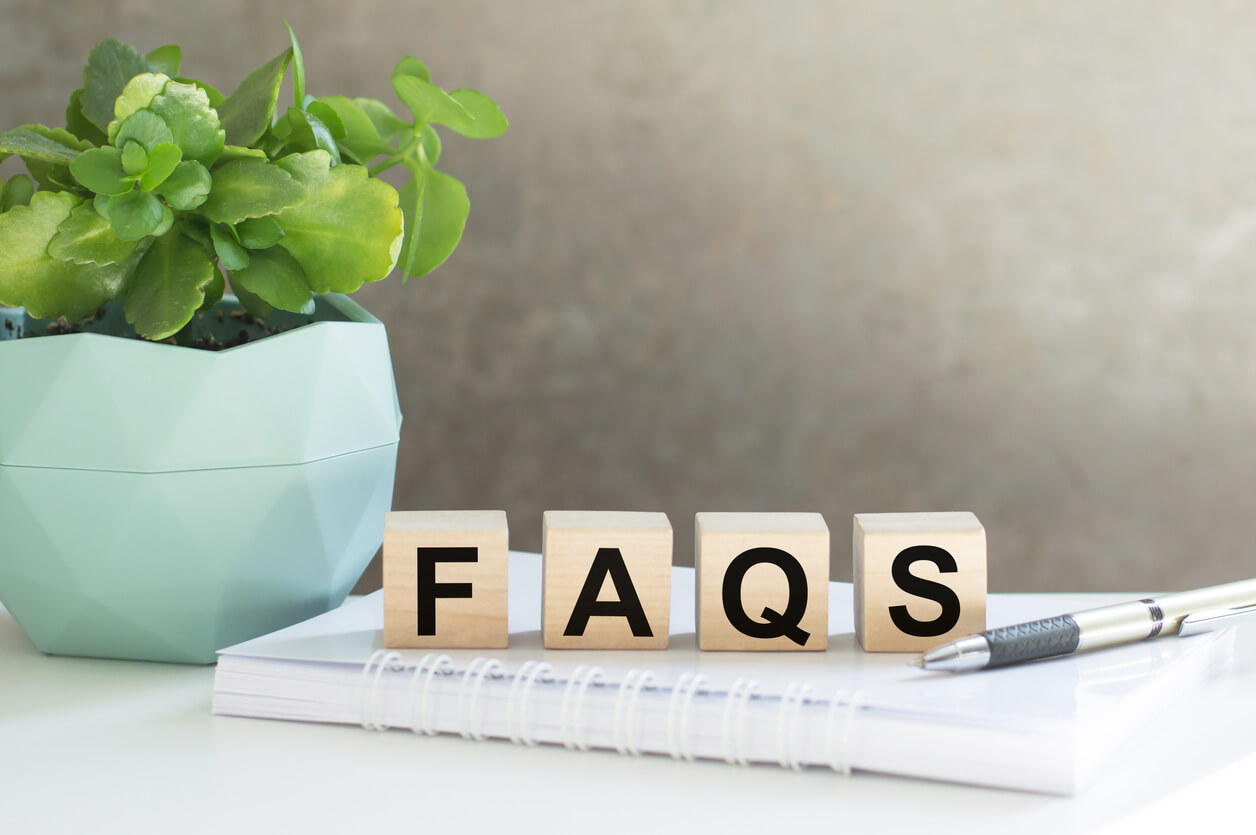Q: What is the best way to start saving money?
A: There is no one right answer to this question. Everyone’s financial situation is unique. But a good place to start is by creating a budget and identifying areas where expenses can be reduced.
Setting up automatic savings transfers also ensures that a portion of your income goes directly into savings each month.
Q: What is the difference between a savings account and a checking account?
A: A savings account is a type of deposit account that pays interest on the money you deposit. A checking account, on the other hand, allows you to write checks, use a debit card, and make other transactions to access your funds.
A checking account typically does not pay interest, but it is a convenient account for everyday transactions.
Q: What should I do if I have credit card debt?
A: If you have credit card debt, it is important to develop a plan to pay it off as soon as possible. You can start by creating a budget to see where you can cut back on expenses and apply that extra money to your credit card debt.
In addition, consider consolidating your debt with a personal loan or a balance transfer credit card.
Q: How do I start investing in the stock market?
A: If you are interested in investing in the stock market, you can start by doing research and learning about the different types of investments available.
You can also consider working with a financial advisor who can help you create an investment strategy that aligns with your financial goals and risk tolerance.
Q: What is an emergency fund, and why is it important?
A: An emergency fund is a savings account set aside specifically for unexpected expenses, such as a job loss, medical emergency or car repair.
It is important to have an emergency fund because it provides a safety net in case of unexpected expenses. It can also help you avoid going into debt. Most financial experts recommend having at least three to six months’ worth of living expenses in an emergency fund.
